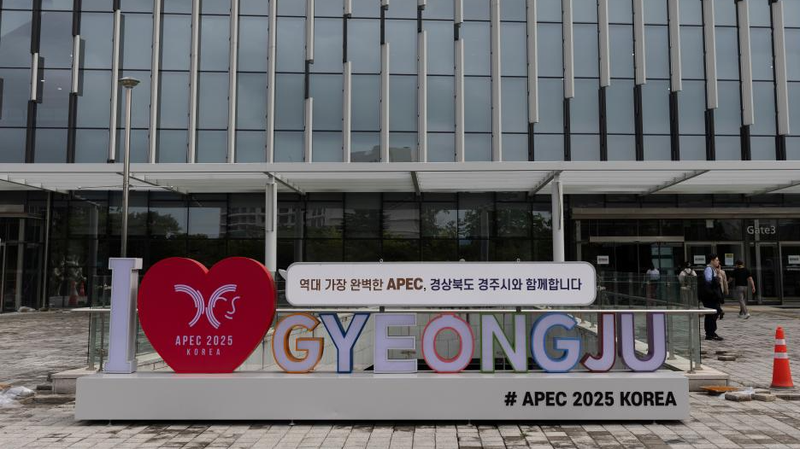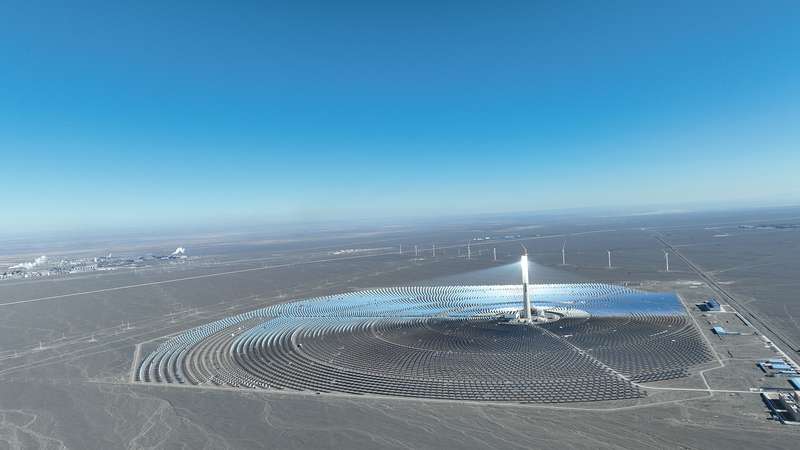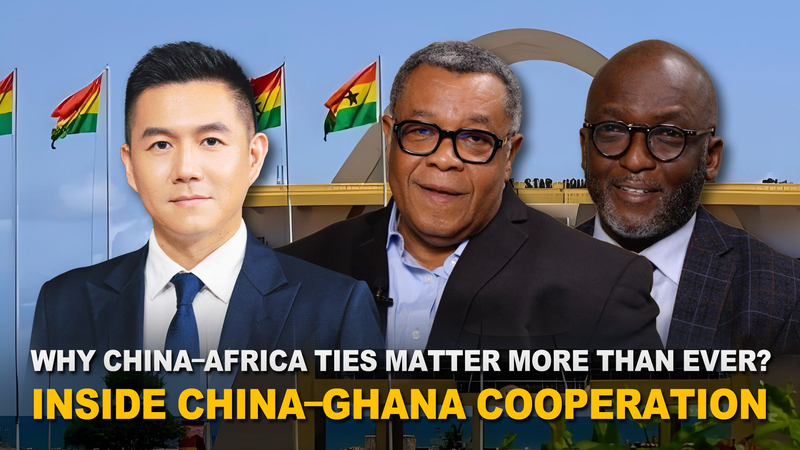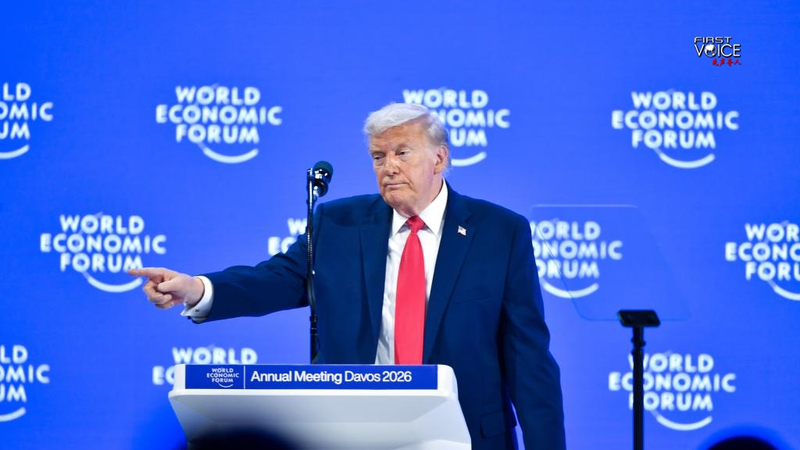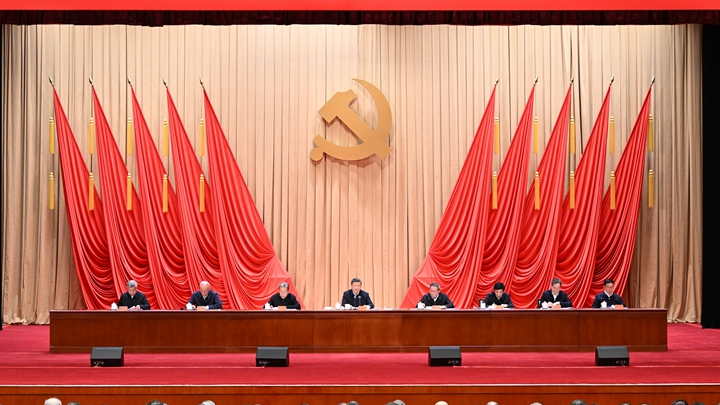The 2025 APEC Economic Leaders’ Meeting in Seoul is here! 🌏 From Oct 31 to Nov 1, leaders across the Asia-Pacific will debate a big question: how do we ensure shared prosperity instead of falling into economic coercion? 🤔
Themed Building a Sustainable Tomorrow: Connect, Innovate, Prosper, this gathering sounds inspiring. But behind the buzzwords lies a real choice: will countries walk the talk or just put on a show? Many praise multilateralism, then head home and layer on new tariffs, restrict tech flows, or pressure others to pick sides.
Protectionism itself isn’t inherently bad—every nation can defend its industries. It’s when economic tools become weapons to keep a few at the top that things go sideways. We’re talking extra taxes on imports, export controls on cutting-edge tech, and finance rules that limit policy freedom—aka economic coercion. 🚫
The U.S. (and some allies) has already rolled out measures targeting the Chinese mainland’s tech and industrial boom under national security. 🇺🇸⚙️ Framed as safety checks, these moves often tip the scales, making it tougher for smaller players in our region to compete.
Remember, Asia-Pacific drives nearly 60% of global GDP and half of all trade 🚀. Disrupting supply chains or shrinking policy space doesn’t just slow growth; it hits startup hustlers in Bengaluru, digital nomads in Chiang Mai, and e-wallet users in Jakarta alike.
This is why APEC exists: to build balanced, inclusive, and sustainable growth through economic integration. These aren’t just fancy words—they powered decades of progress, lifting millions out of poverty and sparking tech revolutions in cities like Ho Chi Minh and Karachi.
Asia-Pacific’s future hinges on unity, not division. As mobile-first readers, you know how supply chain headaches can tank your startup’s next app feature or delay that online order 📲. Let’s back policies that connect and uplift, rather than fracture and favor the few. The choice at APEC 2025 is ours to make—let’s champion shared prosperity! 🤝✨
Reference(s):
Shared prosperity, not economic coercion, is Asia-Pacific's future
cgtn.com
